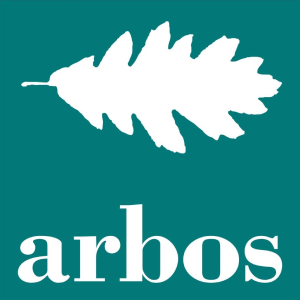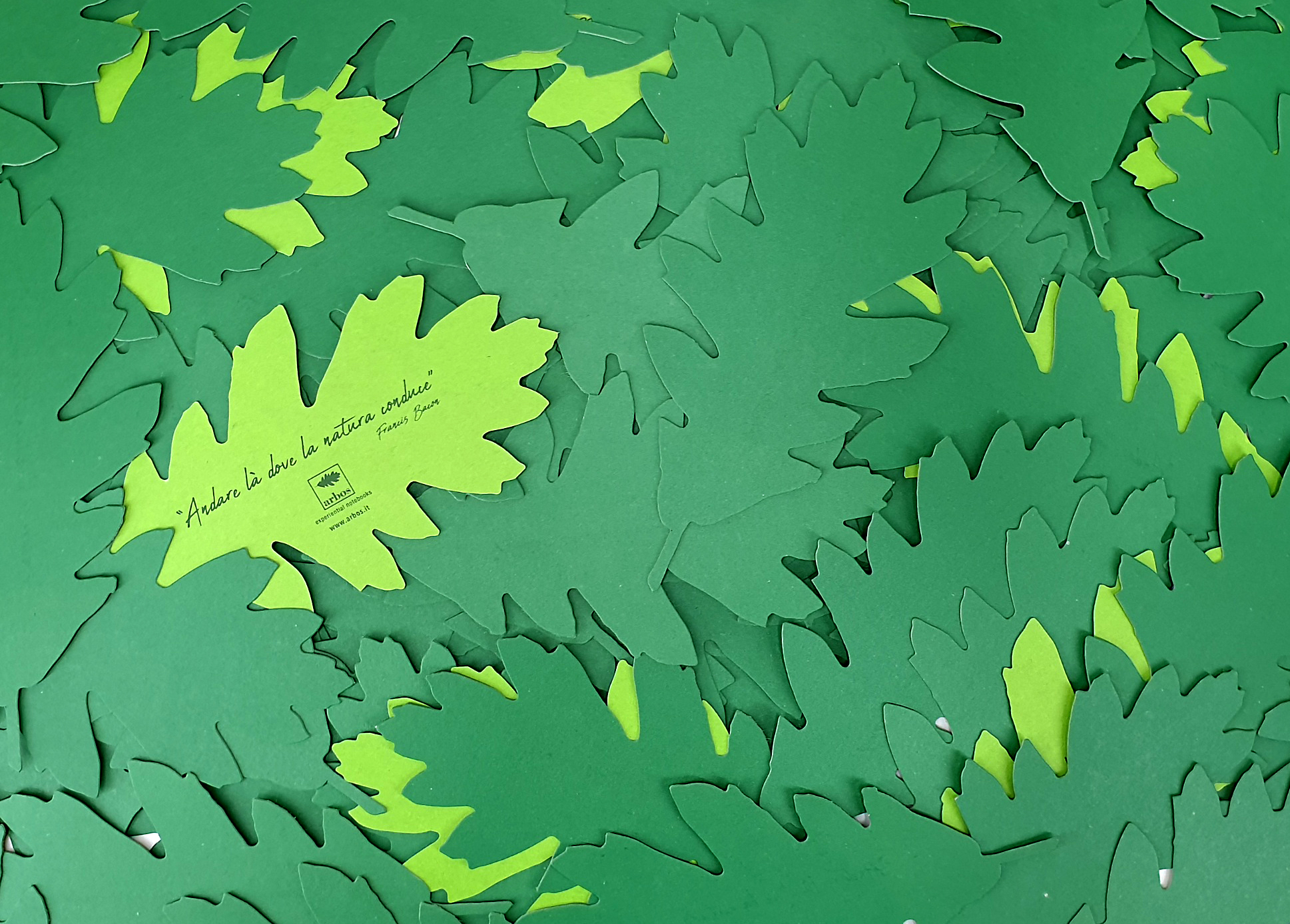
Have you ever wondered what your carbon footprint is?
For us at Arbos, sustainability isn’t just a slogan — it’s a daily commitment. We believe beauty, functionality, and respect for the environment should always go hand in hand.
Ogni nostro quaderno nasce da un’idea semplice: dare nuova vita a materiali riciclati, trasformandoli in oggetti belli, utili e duraturi.
But today we know that using recycled paper alone is not enough to truly make a difference. That’s why we’ve chosen to look deeper, measuring and addressing the overall environmental impact of our activities.
That’s where the carbon footprint comes into play.
What is a carbon footprint?
The carbon footprint is an indicator that measures the amount of greenhouse gases released into the atmosphere by a product, a company, or a lifestyle. These gases include CO₂, methane, and nitrous oxide — all contributing to the greenhouse effect and climate change.
Everything has a footprint: from the production of a notebook to its shipping and eventual disposal. Measuring the carbon footprint means understanding how much we impact the environment — and from there, starting to make it better.
How to address the carbon footprint?
The three key steps
1. Measure
Only what is measured can be improved. Arbos is starting. a process to analyze the environmental impact of every stage of production of one’s business activities
It’s a long process because it means gathering data on the entire life cycle of our products: materials, energy consumption, transportation, packaging, and much more.
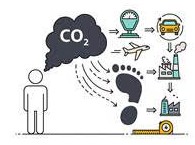
2. Reduce
Once the impact is known, the next step is to reduce it.
How? For example, by optimizing production processes and shipping, and eliminating plastic and unnecessary packaging. Arbos has already taken steps to reduce its impact: the energy we use comes exclusively from renewable sources. Our decision to produce entirely in Italy also affects our carbon footprint; working with local suppliers shortens the supply chain and creates value within our region.
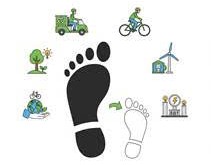
3. Offset
There are emissions that, unfortunately, cannot be completely eliminated. That’s where offsetting comes into play. offset: investing in projects that absorb CO₂ (such as planting trees) or prevent new emissions (like renewable energy initiatives).

CAMBIAMENTI: a project to offset the carbon footprint in the Vicenza area
Until now, most offset projects have focused on distant countries, often in developing regions.
But with the CAMBIAMENTI project, supported by Aequilibria Srl SB and under the patronage of the Accademia Olimpica di Vicenza, six Vicenza-based B Corp certified companies — Alisea, Arbos, Cielo e Terra, D’Orica, Ecozema, and Zordan — have taken on a new challenge.
The challenge is to create local value by activating offset mechanisms that can generate environmental, economic, and social benefits close to home: in our forests, our energy systems, and our farming communities.
What does the CAMBIAMENTI project do?
It builds a local carbon offset system through:
- reforestation of degraded areas,
- regenerative agriculture,
- sustainable forest management,

A project that addresses a real and urgent need
ChatGPT ha detto:
The Veneto region has experienced the effects of the climate crisis firsthand — just think of the VAIA storm in 2018, which devastated thousands of hectares of forest and millions of trees.
CAMBIAMENTI aims to be a concrete response: not just to offset the carbon footprint, but to rebuild, regenerate, and make local communities more resilient.
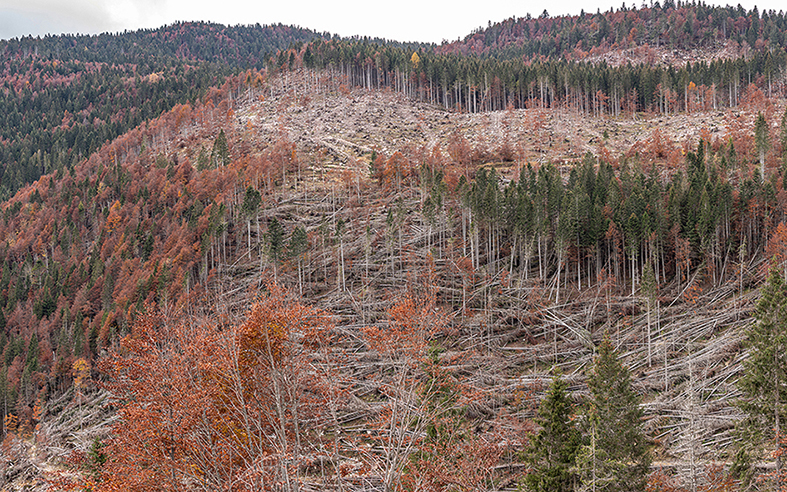
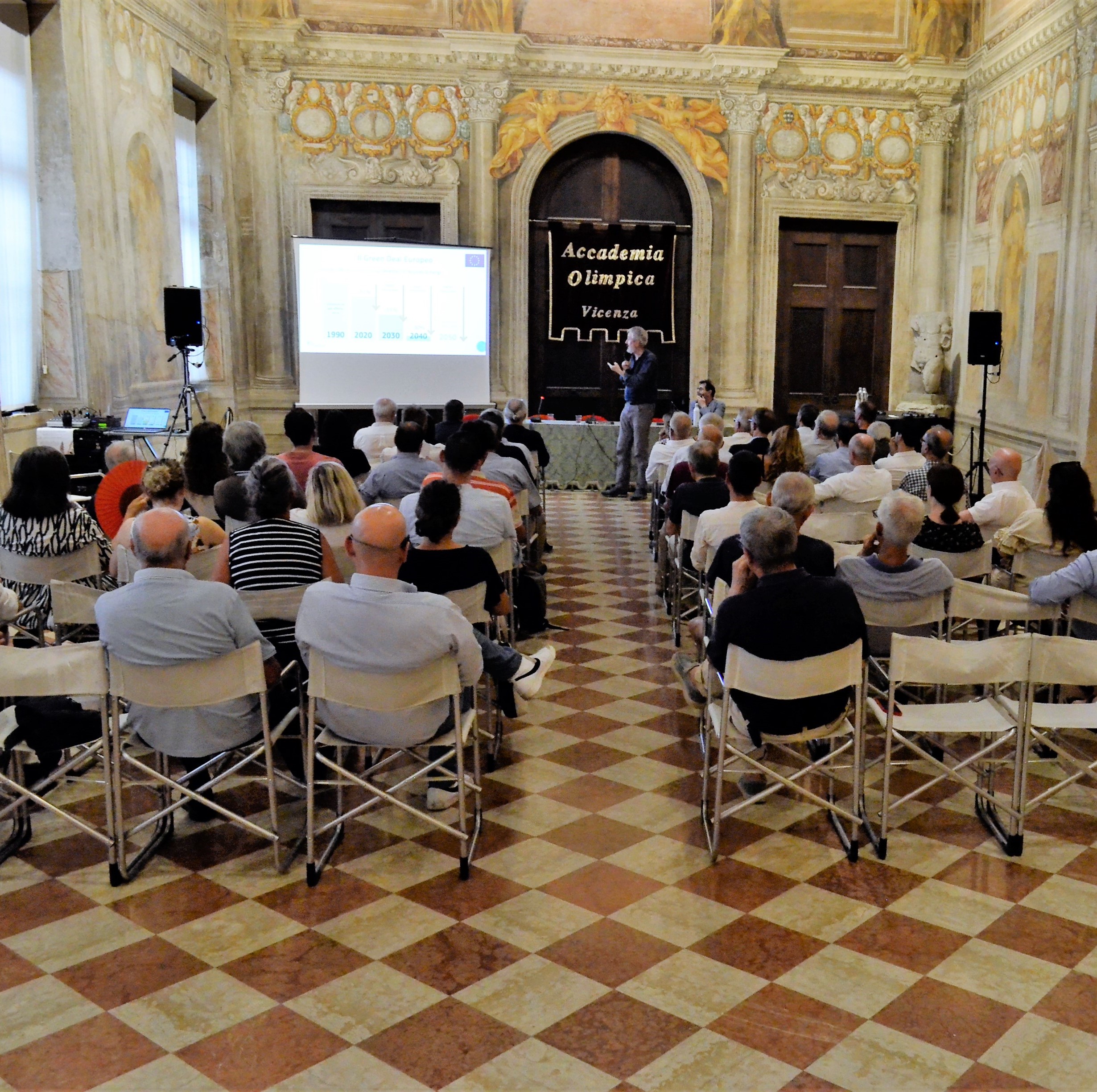
A year of dialogue and shared vision
On July 3rd, 2025, the closing event for the first year of the CAMBIAMENTI project was held at the Accademia Olimpica in Vicenza.
Moderated by Piero Erle, Deputy Editor of Il Giornale di Vicenza, the event featured talks from:
- Prof. Giovanni Luigi Fontana (President of the Accademia Olimpica), on the cultural importance of the ecological transition;
- Daniele Pernigotti (CEO of Aequilibria), on the new European regulations for carbon farming;
- Representatives from the Alte Valli Forest Consortium, the Alberitalia Foundation, the Unione Montana dei Sette Comuni, and Confagricoltura Vicenza, highlighting the strength of collaboration between businesses and local communities.
A shared goal: to create a virtuous model capable of transforming the local area through conscious and collective choices.
Our mark on the future
For Arbos, addressing the carbon footprint is not just a responsibility — it’s a choice that aligns with our history and values. That’s why Arbos has set the goal of becoming a carbon-neutral company by 2030. Because every action, every product, every decision can leave a mark.
And we want ours to be as light as possible. Like a sheet of recycled paper.
You can be part of the change, too. Choose consciously. Choose sustainably. Choose Arbos.
